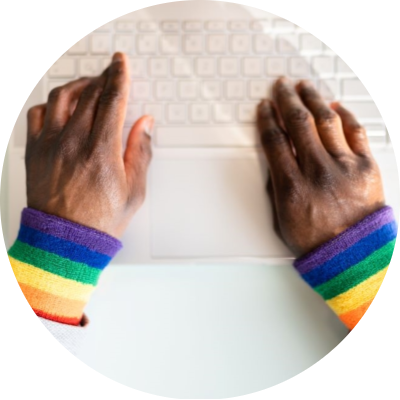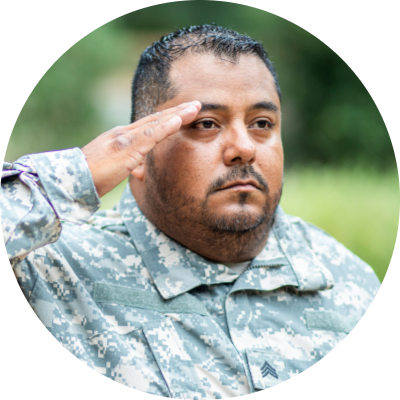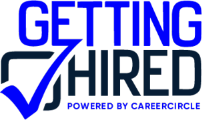
ANNOUNCEMENT
Getting Hired transitions to CareerCircle
Getting Hired is transitioning to CareerCircle to elevate the mission of connecting employers with the best underrepresented talent for greater collective impact.
Learn more at CareerCircleTransitioning to CareerCircle will enhance our promotion of inclusive workforces and continue our effort to connect diverse talent with employers who cultivate accommodating environments.

Disability

Advancing Women

BIPOC

LGBTQ+

Veterans
Questions? Contact us.
Have questions during this transition? Email us.
Our team will get back to you as soon as possible to answer any questions you have.
